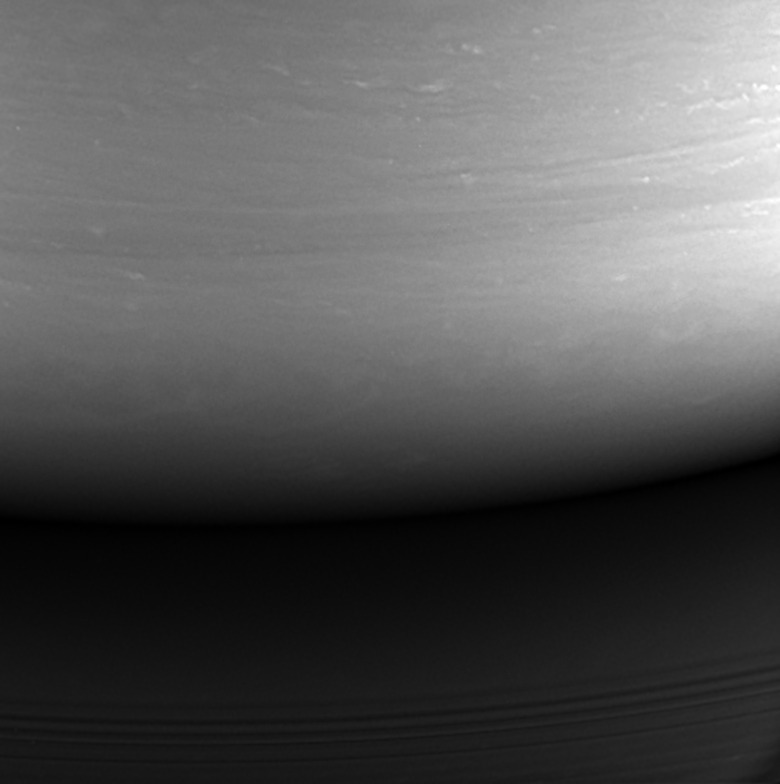Cassini Takes A Final Plunge Into Saturn, Ending Its 20-Year Mission
After spending nearly 20 years in space and more than 13 years orbiting Saturn, NASA's Cassini mission came to an end this morning. The Cassini orbiter took its final plunge into Saturn this morning, officially bringing an end to the successful mission. NASA lost contact with the orbiter at 7:55 AM EDT as it descended through the gas giant's atmosphere.
Up until the very last minute, Cassini was still collecting scientific data. In the time before it lost contact with NASA, Cassini was making observations and sending them back to NASA's Deep Space Network antenna complex in Australia. While the mission itself is over, the data Cassini collected as its mission ended will keep scientists at NASA occupied for weeks yet.
In the short term, the data that Cassini's eight instruments collected as it plunged into Saturn will give scientists insights into the planet's formation and evolution. All of the data collected over Cassini's 13-year stay at Saturn will give scientists plenty of work in the months and years to come, and will help "shape future missions and research," according to NASA Jet Propulsion Laboratory director Michael Watkins.

Of course, we've known such a fiery end was coming for quite some time. Four months ago, Cassini began carrying out a series of "Grand Finale" missions that saw it dipping into the upper levels of Saturn's atmosphere to collect new data. The end date for this mission has been known for months, so NASA scientists have a had long time to prepare for this day.
The image you see above was the final image Cassini captured as it prepared for its descent. According to NASA, the image looks upon the planet's night side and shows us the area where Cassini would enter Saturn's atmosphere just a few hours after snapping this photo. Even though the mission has come to a close, diving into Cassini's data is certainly going to be exciting for NASA scientists, and hopefully we'll be able to tell you about some big discoveries soon. Stay tuned.
